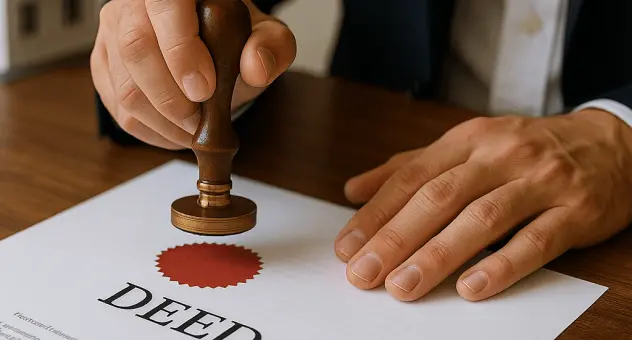What is Deed?
Deeds are legal instruments used to transfer ownership of real estate or property. They are commonly used in various transactions, allowing individuals to formalize property changes. Explore state-specific templates to find the right one for your needs.












